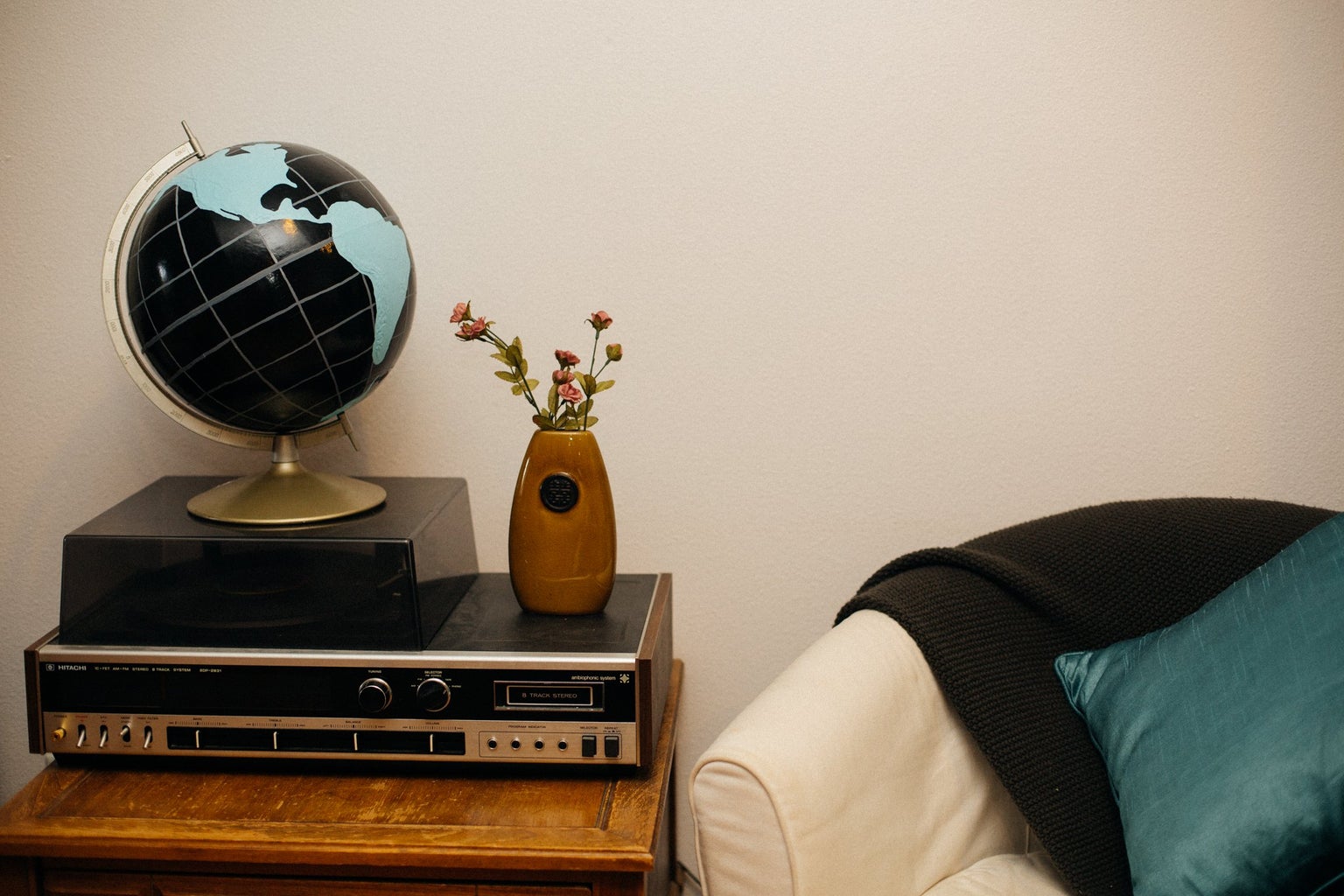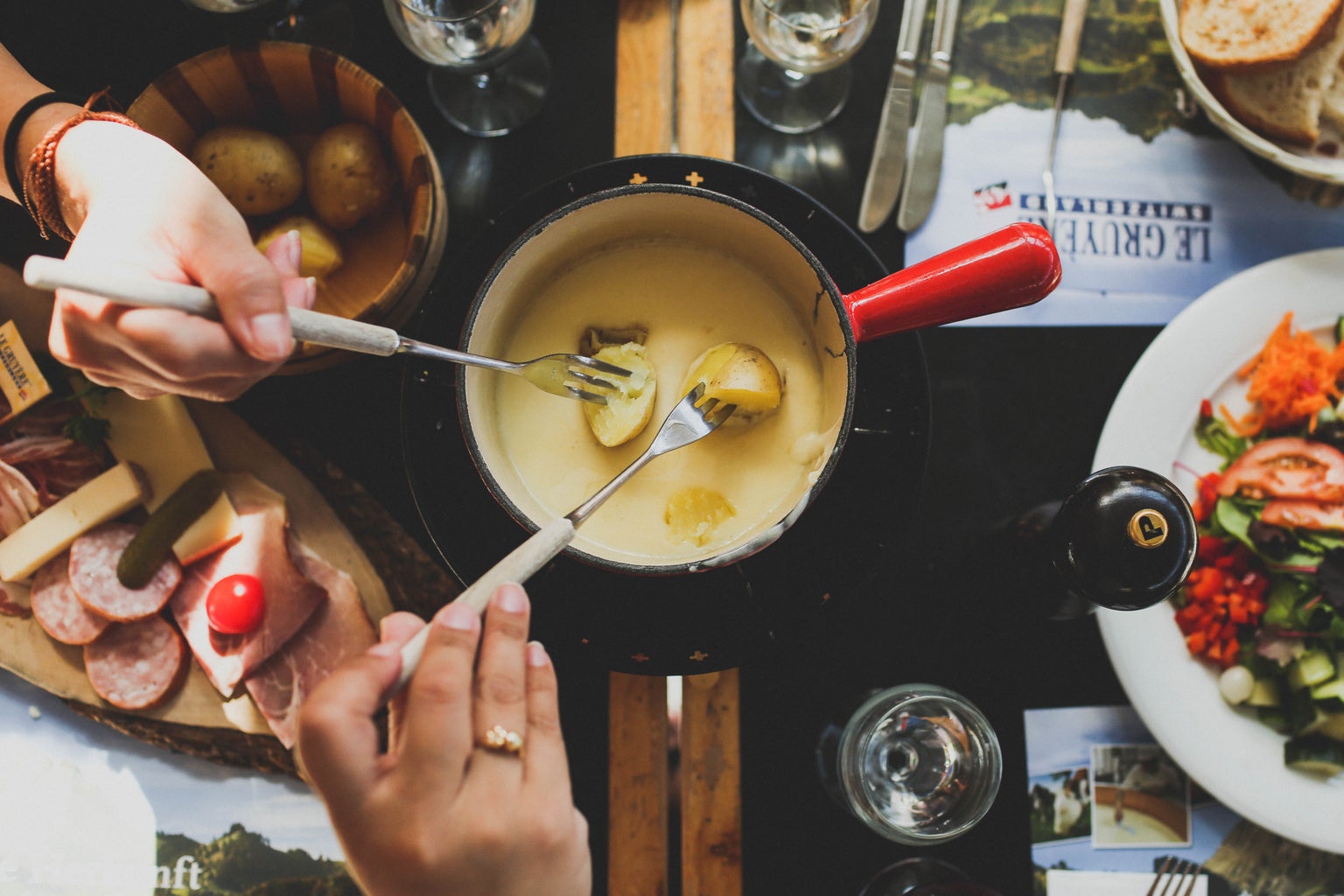The ceaseless demands of studying summed to your personal needs and challenges can almost inevitably lead to burning out. But don’t you wish you could be living more? Here are 4 simple ideas to help you stay on top of your college duties, while making space for essential aspects of your ideal lifestyle.
1. Dance breaks while studying:
Most of the time, we are caught up thinking about what we can’t do, rather than focusing on the studying (and tools) at hand. Girl, Shake It Off. Whenever I can acknowledge I’m too stressed out to retain any more information, I get in Formation.
According to an article published by Harvard Medical School, “…dance helps reduce stress, [increase] levels of the feel-good hormone serotonin, and helps develop new neural connections, especially in regions involved in executive function, long-term memory, and spatial recognition” (Edwards).
No, because Meredith Grey and Cristina Yang were onto something. Not only do dance breaks serve to fit in a quick workout into my busy schedule, but I can attest that resuming my study sesh after jamming to Beyoncé’s Partition is actually life altering. Personally, I find it nice to blow off some steam and retake my [rather overwhelming] workload with a cloud-less mind.
2. STAY IN TOUCH: Make the most out of your COFFEE run.
Perhaps you’ve been stressed about falling out of touch with your friends back home, or you feel bad for missing your mom’s calls this week… but mainly because you are seriously struggling to finish your homework.
Find the time. Make time to call your loved ones on your short trips to:
- The supermarket
- The gas station
- Your next coffee run
Make that phone call. Leave inspired.
- Be real: If possible, disengage from topics related to work, school, traffic and other stress-inducing subjects.
- Get creative: Focus on light-hearted topics, showing interest in your loved one’s daily life, hobbies and well being. Perhaps your mom or friend can offer a cheerful anecdote to help get you in a better mood.
It makes us feel good when the people we love feel good.
Finding comfort in supporting (and feeling supported) by the people we esteem can help restore our energy. Use that boost to destress, and come back to your study sesh eager to overcome the challenge.
CONTENT WARNING: MENTIONS FOOD.
3. Mindful Meditation Breaks: When eating, just eat.
Are you eager to find out how new ways to check-off “meditate more often” from your New Year’s resolutions list? Here, you can learn about how to implement a short meditation into your daily life.
Mindful Eating: The mindful eating practice encourages people to schedule eating as the time and place to meditate.
One Simple Principle: “Notice the sounds, colors, smells, tastes, and textures of the food and how you feel when eating. Pause periodically to engage these senses” (Harvard 2020). The purpose of eating mindfully is not bound by food choice, but rather to focus whole-heartedly on the present (and highly sensorial) experience of eating.
Click here to visit a YouTube video guiding you on the bountiful journey of eating mindfully.
Experts at the Harvard T.H. Chan School of Public Health suggest significant physical and mental health benefits tied to mindful eating, which include increased pleasure when eating and emotional regulation.
You may visit https://www.hsph.harvard.edu/nutritionsource/mindful-eating/ to learn about mindful eating. If any doubts arise, ask your primary care physician if this practice is right for you.
4. Grab the bull by the horns: Pomodoro chores.
Picture this: It’s “hell week” and you’ve been staring at your computer screen for hours. You finally decide to take a study break, only to look up and find out your living area is a living nightmare.
Overwhelmed with schoolwork, you are absolutely DREADING to clean your dishes, or perhaps you are ignoring your chores because you still have to cram four chapters before your test tomorrow.
My proposition? maximize your 5-minute Pomodoro breaks.
Disclaimer: I use this method when I am in dire need to make time to both study and clean my living space. However, multitasking is not scientifically achievable: people can only efficiently focus on one task at a time.

On the other hand, I think most of us can agree: working in a clean space helps us perform at our best.
Pomodoro is mainly used as a studying technique to help boost its users’ productivity. The idea behind Pomodoro is to break down the total time required to complete a task into 25 minute intervals, helping the user monitor their progress, and motivating them to take breaks more efficiently.
My proposition: Essentially, combine studying with your most-dreaded tasks: use that 5 minute break to catch up on some house work.
- One (1) Pomodoro = 25 minutes of work.
- Each Pomodoro is divided by a 5 minute break.
- After completing four Pomodoros (which is equal to two hours of work time), allow yourself a 15-30 minute break.
My favorite desktop app to monitor my Pomodoros is called Pomofocus: https://pomofocus.io/
For example:
- Read your class material for 25 minutes.
- When the timer is up, tidy your room for 5 minutes.
- Then, take the next Pomodoro to type out a rough draft of your essay.
- Finally, attempt to race the timer and test how many dishes you can wash in under 5 minutes.
- After your next work interval, you get 15-30 minutes to catch up on your favorite Netflix series! AND you get to enjoy it in a cozier space.
Works Cited
Edwards, Scott. “Dancing and the Brain.” Harvard Medical School, Winter 2015, hms.harvard.edu/news-events/publications-archive/brain/dancing-brain.
Harvard T.H. Chan School of Public Health. “Mindful Eating.” The Nutrition Source, 14 September 2020, https://www.hsph.harvard.edu/nutritionsource/mindful-eating/








